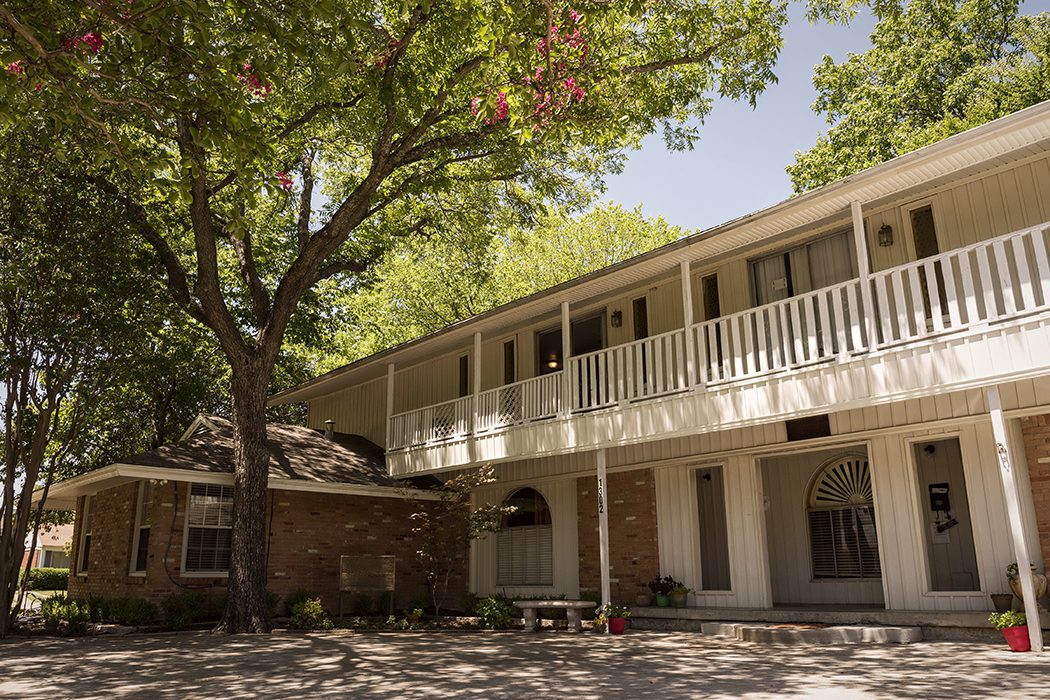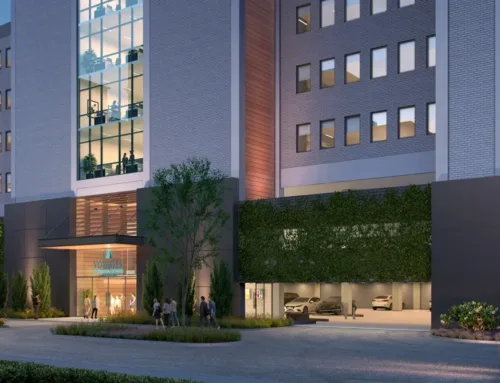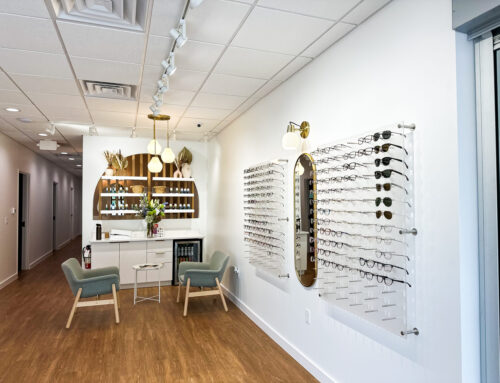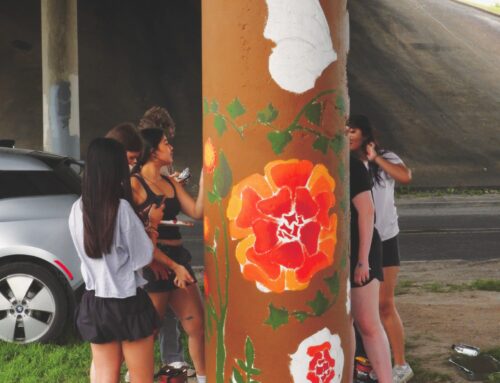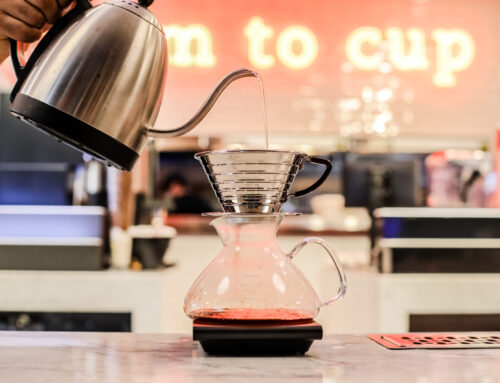SOBER SOLUTION
Ainsley David was powerless over alcohol and her life had become unmanageable. She hadn’t finished school at Appalachian State University in North Carolina and was working at a gas station. And drinking. A lot.
“Basically, my life was falling apart,” she says.
Her family had moved to Texas, but came to visit and quickly realized that her situation was desperate. “We have to get you out of here,” they told her.
Alcoholism ran in the family, and David’s father had asked if she wanted help when she was 18. “I was always the girl that got too crazy, and it was funny when I was younger,” she says. “But I knew in the back of my mind, there is really something different compared to my other friends.”
She moved to Texas and lived with her stepsister, but things didn’t improve right away.
She discovered Xanax and continued to drink. She thought that if pills were her major issue, alcohol would pale in comparison and she could keep drinking. But eventually she realized that alcohol was the addiction she needed to beat.
David tried sober living and other treatment options, but nothing seemed to stick. After another relapse, a friend recommended that she call The Magdalen House, a cost-free recovery community for women in Little Forest Hills where neighborhood association president Patrick Blaydes says they have been stellar neighbors.
She called, went through the screening process and moved in the next day. She started with the facility’s two-week social detox program, where women live in the home, do chores around the house, go to recovery meetings and get sober.
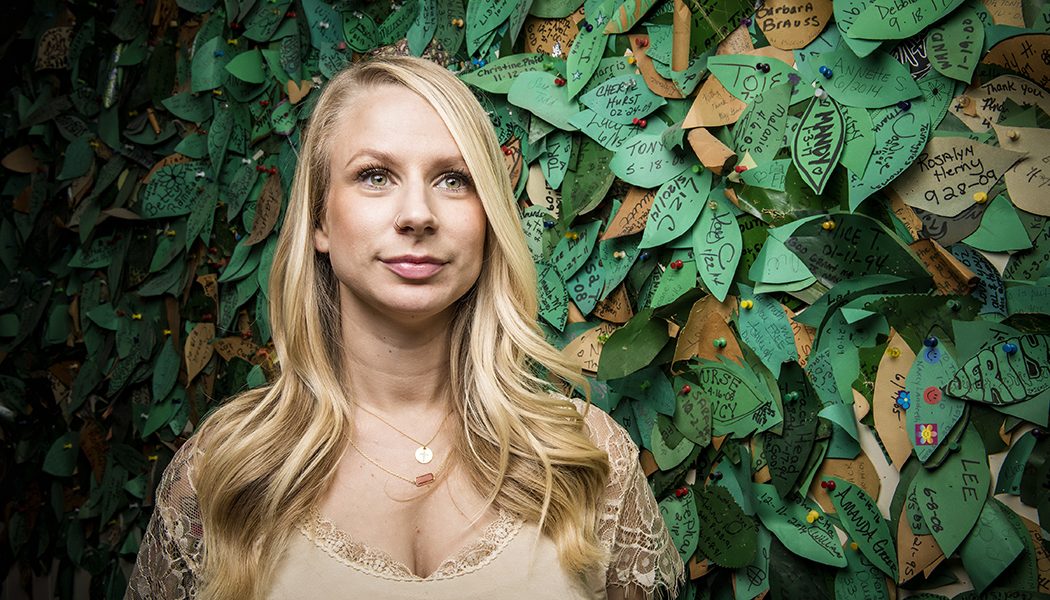
David immediately felt comfortable and fell asleep after a hard night of drinking the day before. The next morning, one of her new housemates made her toast.
Maggie’s House, as it is known, has been in Little Forest Hills for 22 years and focuses on peer-to-peer recovery. There is staff at the house, but volunteers in the recovery community lead most of the workshops, classes and other programs. Clients find sponsors who help guide them through the recovery process.
The women spend their days doing meditation and other exercises, such as drawing a stick with a positive word on it and being asked to use that word throughout the day. The program keeps the women engaged from 7 a.m. to 11 p.m. each day.
Every week, there are 26 recovery meetings, where women in social detox interact with women who are in a variety of stages of recovery, from one week out of the house to decades of sobriety. Last year, there were 19,000 visits from women for meetings at the house, providing opportunities for peer-to-peer mentoring. They also can receive visits from family and their children during the two-week period.
Trader Joe’s and the North Texas Food Bank donate food for the women to cook for themselves. They come from all walks of life, creating a diverse recovery community.
“There is a trust there,” says executive Lisa Kroencke, who is a recovered alcoholic herself. “That is what makes it so attractive and why so many thousands of women flock here. I can just tell them what I did.”
Development manager Lauren McElroy, another former Maggie’s House client, says, “Alcoholism is the best thing that ever happened to me. Now I have a purpose every day. I can help people in a way that other people can’t.”
After finishing social detox, David kept coming to meetings and stayed connected to the community there. She didn’t realize that the people were volunteering to give time to the house. “I was overwhelmed by how much people wanted to help and give just because they loved it,” she says.
Over time, she learned about her disease and will be four years sober this summer. “I was confused for a long time and thought I wasn’t smart. There was shame, guilt, and I was disappointing people. Maggie’s House really taught me the truth,” she says. “I am not drinking because of things that happened. I learned that I drink because I am an alcoholic.”
She soon began volunteering to stay at the house to stay overnight and receive intake calls. Six months later she was hired as program director. She oversees the social detox program, manages staff and the volunteer peer recovery programs and schedules workshops and classes.
David enjoys the collaboration among the staff and seeing women get help at Maggie’s House, but she knows that some women still fall short after leaving. It isn’t a perfect place, but it has become a recovery home for thousands of women who have learned the essence of the recovery process. “At first I didn’t understand the importance of all the steps,” she says. “Now I can turn around and help the next person.”
For more information, visit magdalenhouse.org.
